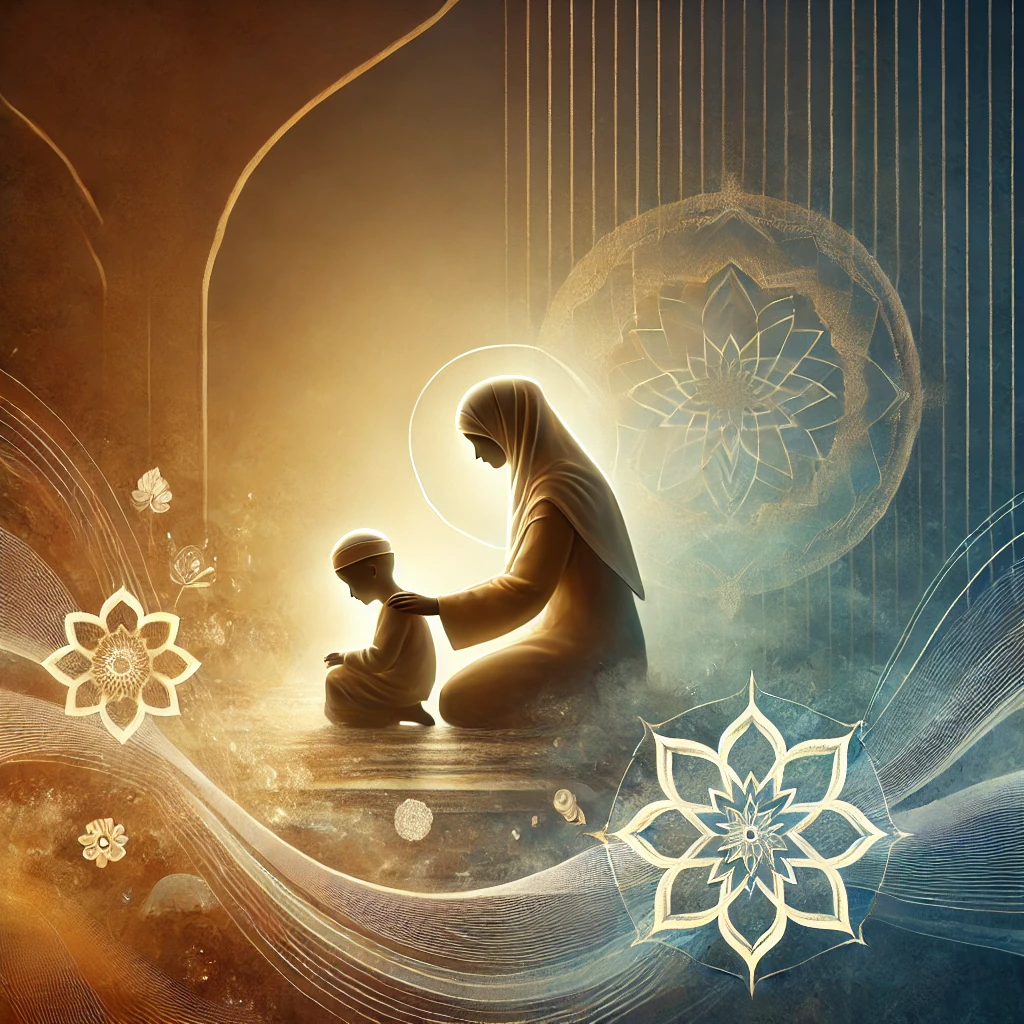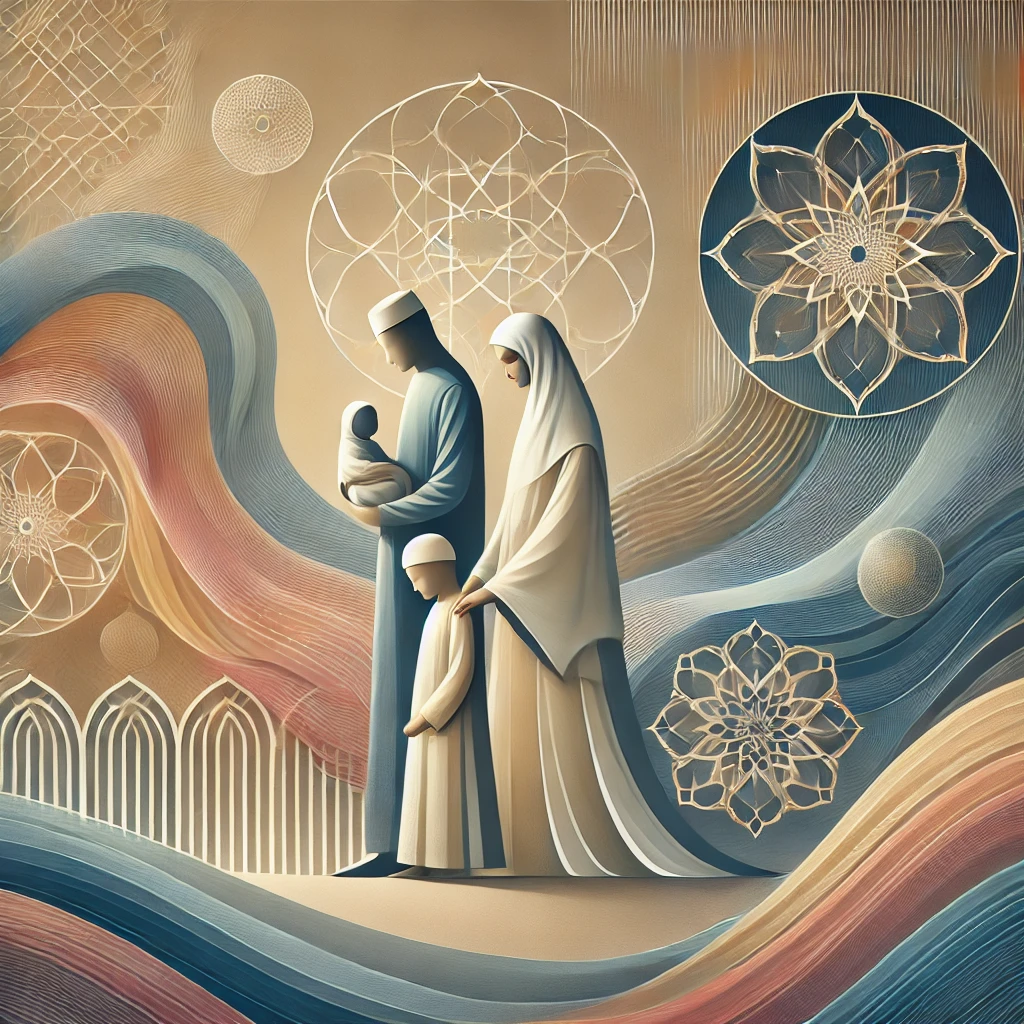In Islam, worship is not merely a set of rituals and rules; it is an act that deepens a Muslim’s relationship with Allah, purifies the soul, and gives life a profound meaning. Worship lies at the heart of a Muslim’s life, expressing their devotion, gratitude, and submission to Allah. In Islam, worship has both individual and communal dimensions. Acts of worship like prayer (Salah), fasting (Sawm), charity (Zakat), and pilgrimage (Hajj) guide Muslims on a spiritual journey in their daily lives, bringing them closer to Allah.
Prayer (Salah) is one of the most significant acts of worship in Islam and is performed five times a day. It is a direct communication between Muslims and Allah, expressing their devotion and submission to Him. Salah induces a sense of purification and tranquility deep within the soul. It provides a break from the busyness of daily life, allowing Muslims to find inner peace and serenity. During prayer, Muslims acknowledge Allah’s greatness and their own humility before Him. This awareness enhances one’s spiritual depth and reinforces their submission to Allah.
Fasting (Sawm), observed during the month of Ramadan, is one of the Five Pillars of Islam. Fasting is not just about abstaining from food and drink; it is also about spiritual discipline, patience, and self-control. Fasting helps Muslims to tame their desires, purify their spirits, and feel a closer connection to Allah. This act of worship encourages the individual to turn away from worldly pleasures and focus on their spiritual relationship with Allah. Through the challenges of hunger and thirst, fasting strengthens one’s devotion and resilience. Additionally, fasting fosters empathy and solidarity within the community, as it prompts individuals to understand and feel the hardships faced by others.
Charity (Zakat) symbolizes social justice and solidarity in Islam. It is obligatory for Muslims who are financially able to give a portion of their wealth to those in need. Zakat is not just financial assistance; it is also a means of spiritual purification. This act of worship reduces one’s attachment to material possessions and worldly wealth. Giving Zakat is a way for Muslims to express their gratitude to Allah and strengthen social unity. It purifies the soul, removes selfishness, and contributes to justice and equality in society.
The pilgrimage (Hajj) is a once-in-a-lifetime act of worship that every Muslim who is able should perform. Hajj brings together Muslims from all corners of the world, symbolizing their unity and devotion to Allah. During Hajj, Muslims perform various rituals, including circumambulating the Kaaba and standing at Arafat. This journey is a profound spiritual experience for Muslims. Hajj is an opportunity to purify the soul, repent for past sins, and renew one’s commitment to Allah. It also strengthens the sense of unity and brotherhood among Muslims, reminding them of their equality before Allah.
In conclusion, worship in Islam is an act that strengthens a Muslim’s bond with Allah, purifies the soul, and adds depth to life. Acts of worship make life meaningful for Muslims, allowing them to express their love, respect, and submission to Allah. Worship practices like prayer, fasting, charity, and pilgrimage guide Muslims on their spiritual journey. These acts are not only individual practices but also societal responsibilities. Worship in Islam purifies both the individual and the community, reinforces devotion to Allah, and brings profound meaning to the lives of Muslims.










